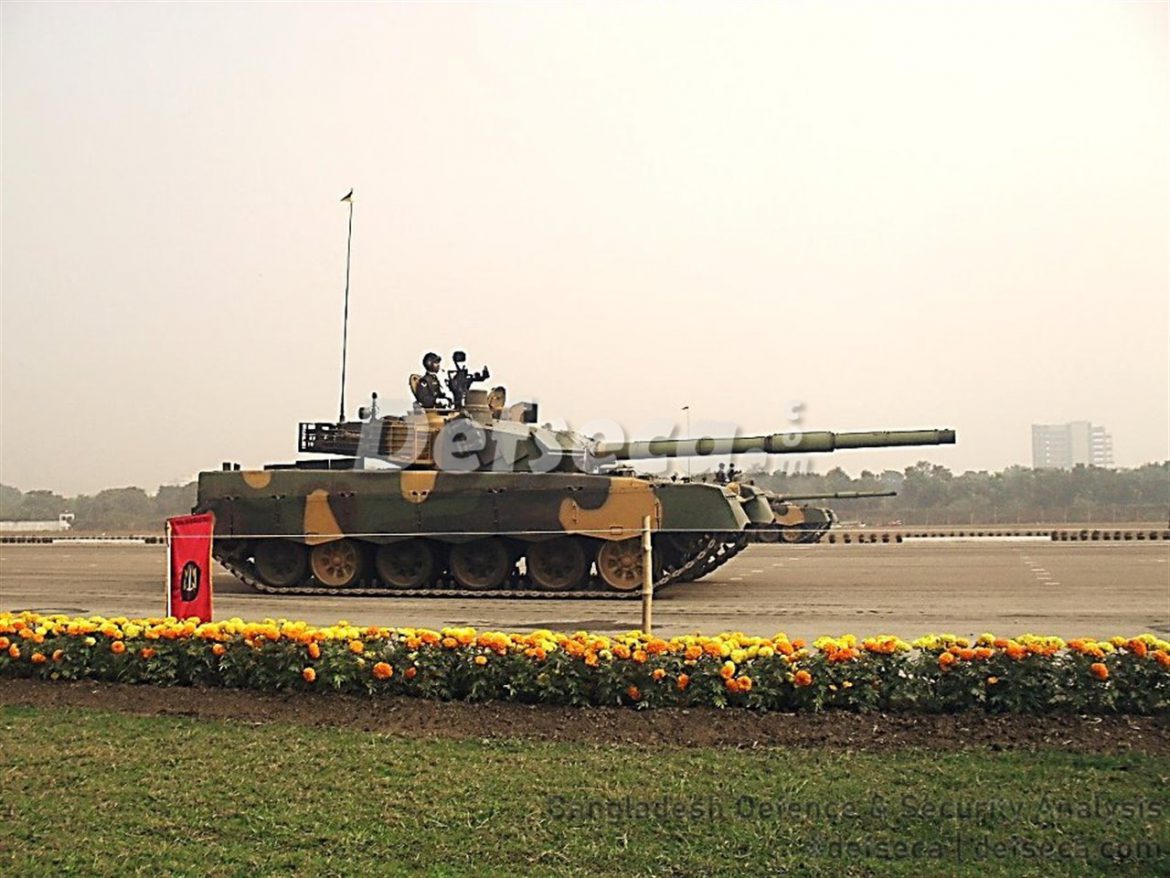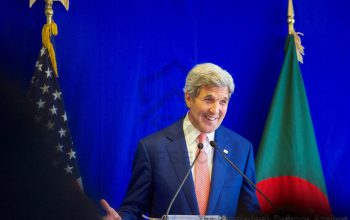The China-India border clashes in the Galwan Valley have already started paying dividends for Bangladesh, which enjoys strong diplomatic ties with both Beijing and New Delhi according to Indian strategic experts.
However, Dhaka is not particularly satisfied with India’s lack of cooperation in relation to water sharing, economic and border issues. The Indo-Bangladesh ties suffered further with India’s National Register Citizens (NRC) and the Citizenship Amendment Act, which targets Bengali/Assamese Muslims of Indian origin.
The Sheikh Hasina administration has provided many benefits to the Indian government, addressing their security concerns, providing virtually free transit on land and river routes and even giving free water to an Indian state on the basis of “humanity” whereas the Indian government transferred many weapons including submarines to Myanmar that has left Dhaka irked. Many Indians found employment in different projects across Bangladesh as a result of Bangladesh’s liberal approach towards India with billions remitted back across the border annually to benefit the Indian economy.
But recently Bangladeshi officials requested China for waiver on tariffs to its exports to narrow the massive trade gap that exists between Bangladesh and China.
The Tariff Commission of the state council of Ministry of Finance of the People’s Republic of China issued a notice granting tariff-free treatment to 97% of tariff products of Bangladesh, which will come to effect from 1st July 2020. The new list of 5,161 products augments 3,095 products Beijing already allows tariff-free from Bangladesh under the Asia-Pacific Trade Agreement.
Indian media noted with resentment the waiver was given a day after the Ladakh clash, thus what might have been totally unrelated was connected as a conspiracy by China to woo India’s neighbours.
India can hardly blame others for its tardy approach to regional cooperation. Its controversial Maitree Super Thermal Power Project (2x660MW) at Rampal worth $1.5 billion has not been completed yet with Indian workers having staged rowdy protests to go home. The Indian workers attacked Bangladeshi Police dispatched there to bring the situation under control.
India’s own intelligence agencies are also apparently active inside Bangladesh must to the resentment of Bangladesh’s security forces. There have been cases of disappeared of Bangladeshi nationals who mysteriously then appear in India months after they were taken away from unidentified personnel bearing walkie talkies and weapons, not associated with Bangladeshi law enforcement agencies.
With heightening tensions between Dhaka and New Delhi, people of Bangladesh also do not view India positively because they believe Bangladesh always pays a higher price for its cooperation with India without any benefits.
Right now Chinese companies are on the verge of completing many critical projects in Bangladesh including the Padma multi-purpose bridge, the Karnaphuly under-sea tunnel, submarine base in Cox’s Bazar, powerplant and port projects in Payra. A Chinese company has also been awarded a contract to expand the Cox’s Bazar airport in to a modern international airport.
Bangladesh is already a partner of China’s Belt Road Initiative (BRI) and the regional Bangladesh-China-India-Myanmar Economic Corridor to boost trade opportunities.
In the military domain China’s state arms export agencies have secured contracts to export VT-5 light tanks to the Bangladesh Army. They have also reportedly advanced with plans to export J-10C single-engine multi-role fighters and armed unmanned aerial combat vehicles. Scores of guided MLRS systems, anti-tank weapons, air defence missile systems, submarine launched torpedoes and anti-ship missiles have also been delivered to the Bangladesh armed forces in recent years.
China is now a strategic partner of Bangladesh at the same level as Pakistan. Its deep ties with Dhaka will grow stronger pushed by India’s recent moves in the Galwan Valley. Bangladesh and other smaller regional countries can benefit from China’s presence in the region to counter-act against India’s hegemonic misadventures.




